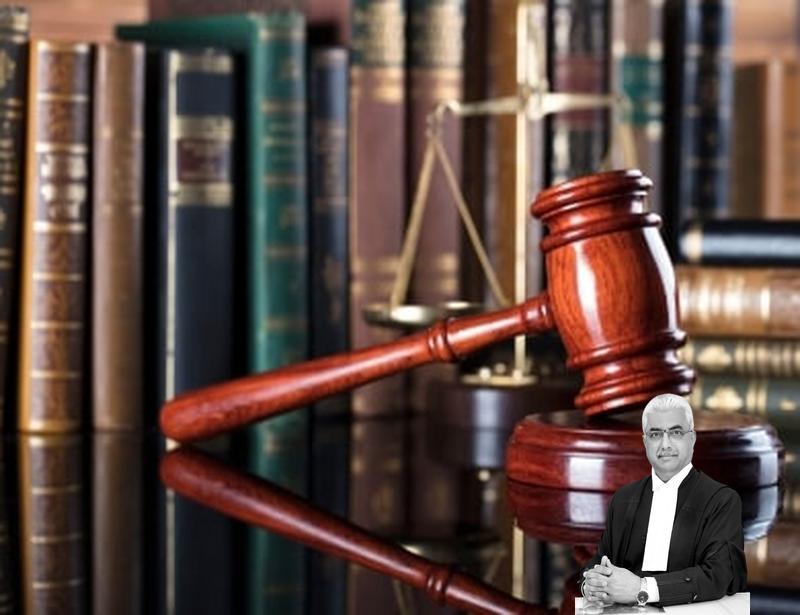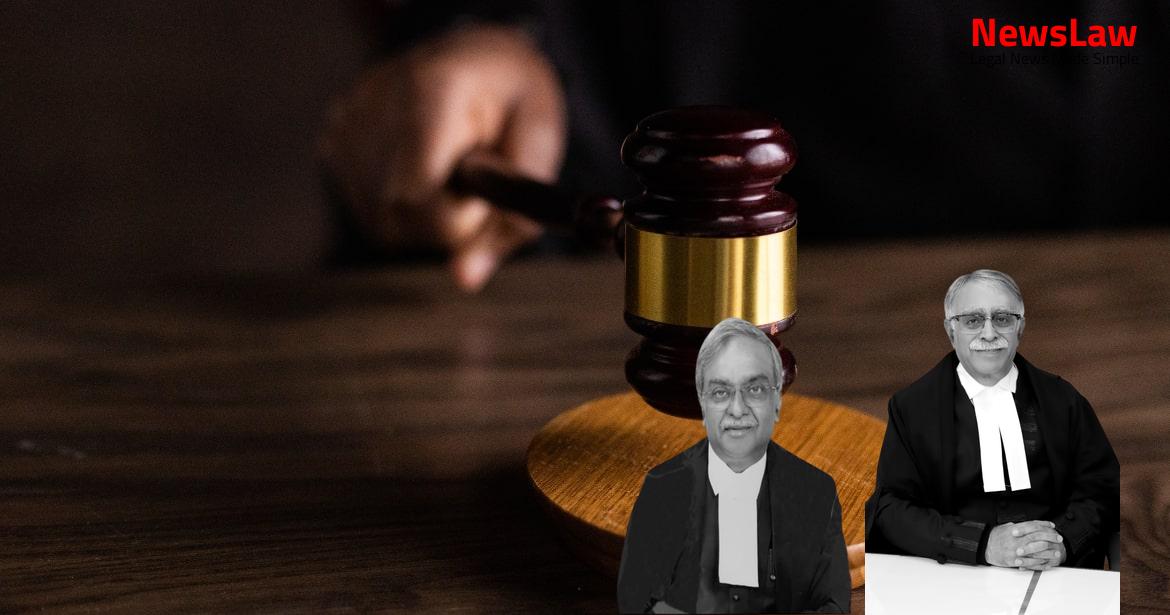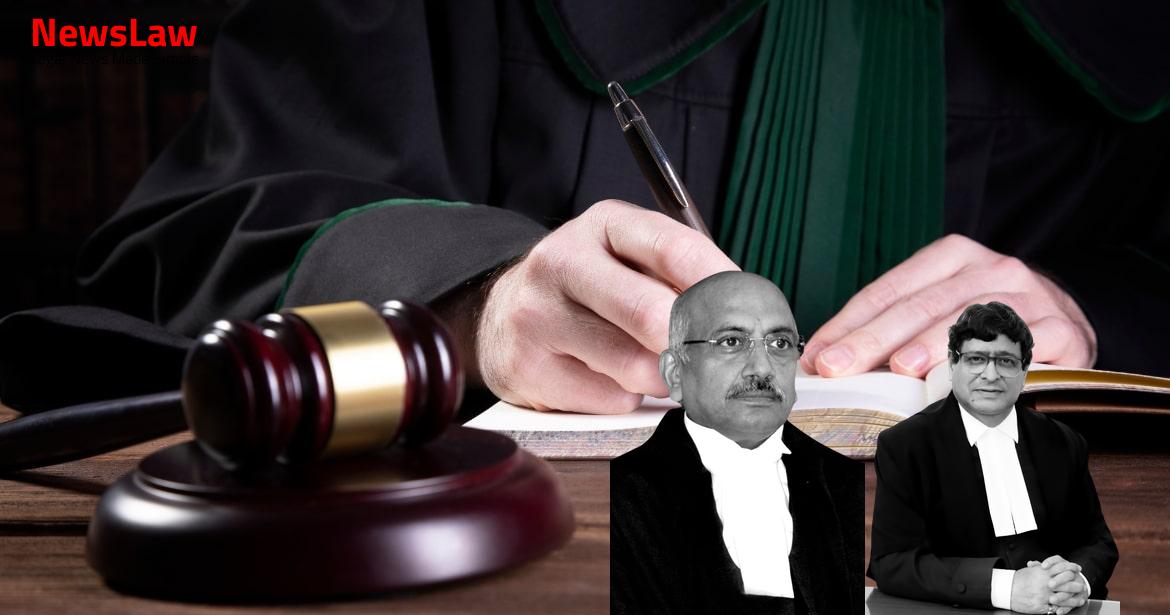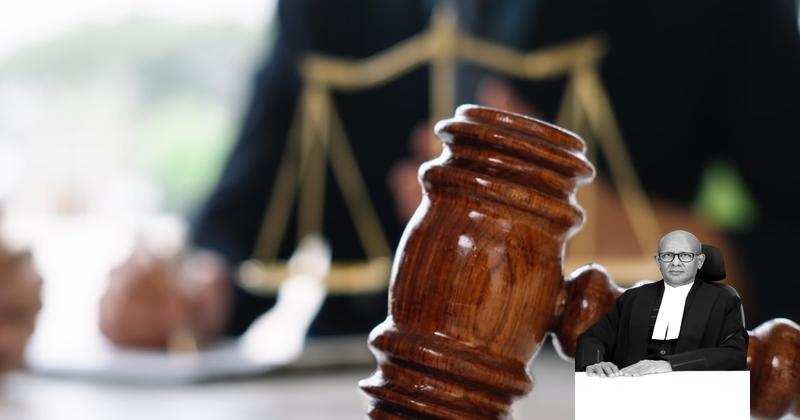The brief facts are that the appellant had preferred a habeas corpus proceeding, alleging that he had married Mathithra in accordance with Section 7A of Hindu Marriage Act, 1955 and the same was solemnized under the aegis of Advocates and other social workers. The report of the Secretary, District Legal Services Authority pertinently states as follows: “I humbly submit that, I examined the alleged victim Mathithra with the assistance of Lady Judicial Magistrate. The Madras High Court took note of the Tamil Nadu Amendment Act and the Hindu Marriage Act, especially Section 7A which dispensed with the necessity of solemnizing marriage in terms of the forms enumerated in other provisions of the Hindu Marriage Act and described a special procedure under the newly inserted provision (Section 7A). The High Court was of the opinion that such marriages involved a public declaration: “We are very clear in our mind that even the protagonists of the Suyammariyathai/Seerthiruththa form of marriage did not visualize marriages being solemnized in secrecy. Parties can enter into a marriage in the presence of relatives or friends or other persons and each party to the marriage should declare in the language understood by the parties that each takes the other to be his wife or, as the case may be, her husband, and the marriage would be completed by a simple ceremony requiring the parties to the marriage to garland each other or put a ring upon any finger of the other or tie a thali. Sub-section (2) (b) further says that notwithstanding anything contained in Section 7 or in any text, rule or interpretation of Hindu law or any custom or usage as part of that law in force immediately before the commencement of the Hindu Marriage (Tamil Nadu Amendment) Act, 1967, or in any other law in force immediately before such commencement or in any judgment, decree or order of any court, all marriages to which this section applies solemnized at any time before such commencement, shall be deemed to have been valid.
To superimpose the condition of a public declaration, which is absent in section 7A, in the opinion of this Court, it is not only narrowing the otherwise wide import of the statue but also would be violative of the rights under Article 21 of the Constitution of India.
Also Read: https://newslaw.in/supreme-court/legal-analysis-of-claim-for-loss-of-profit-in-delayed-contract/
State of UP, (2006) 5
SCC 475, Shafin Jahan v.
Therefore, they should not, while acting as counsel or advocates or their capacity as advocates, undertake or volunteer to solemnize marriages. [ARAVIND KUMAR] NEW DELHI; AUGUST 28, 2023 5 ITEM NO.12 COURT NO.5 SECTION II-C S U P R E M E C O U R T
O F
I N D
I A RECORD OF PROCEEDINGS Petition(s) for Special Leave to Appeal (Crl.) No(s). RAVINDRA BHAT HON’BLE MR. (HARSHITA UPPAL)
(BEENA JOLLY)
Case Title: ILAVARASAN Vs. THE SUPERINTENDENT OF POLICE
Case Number: Crl.A. No.-002752-002752 / 2023



